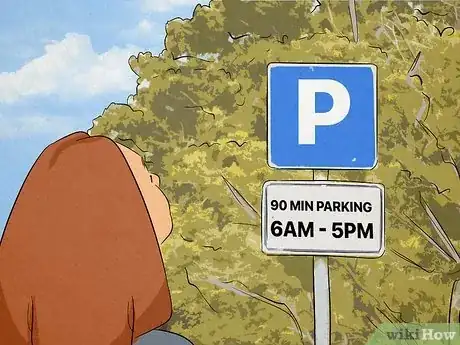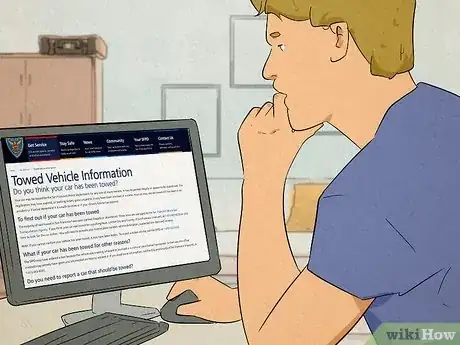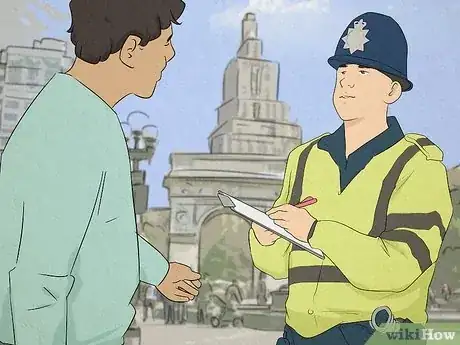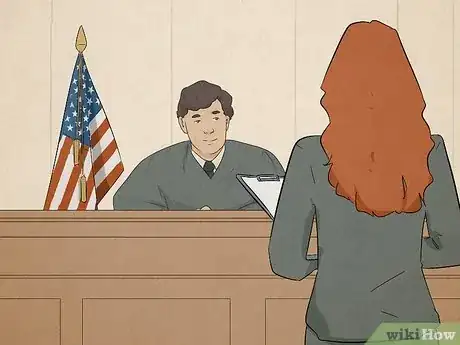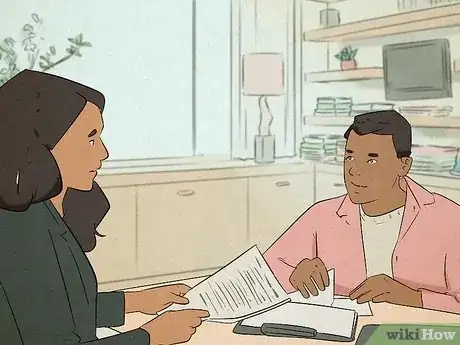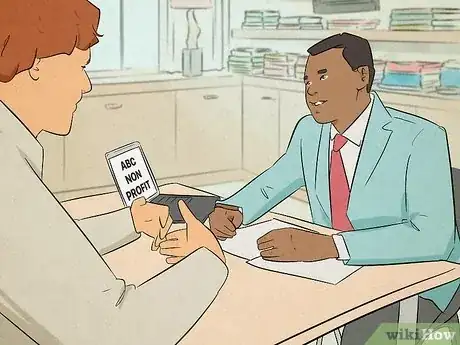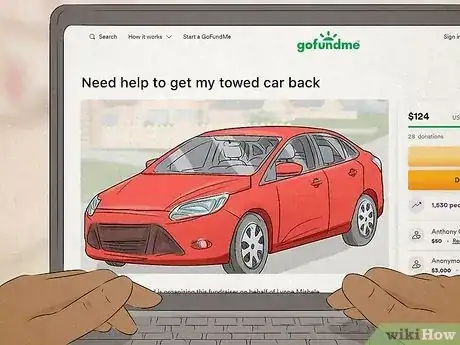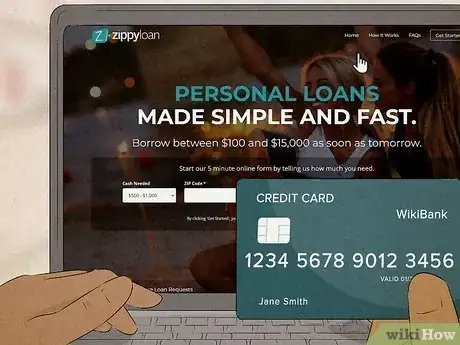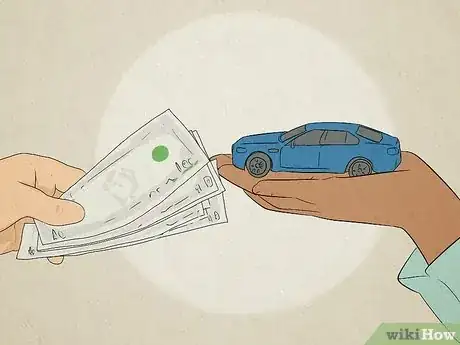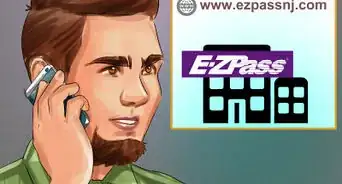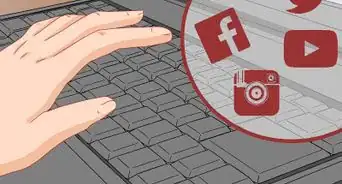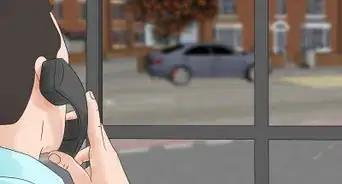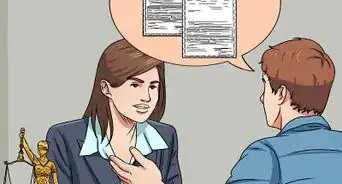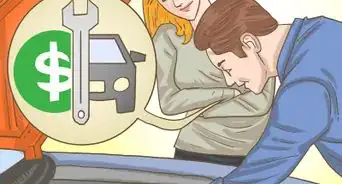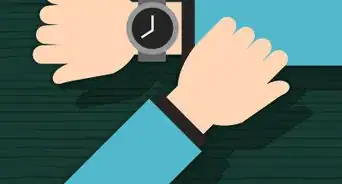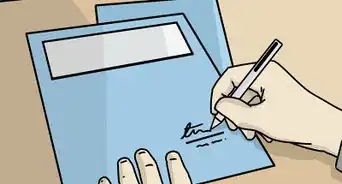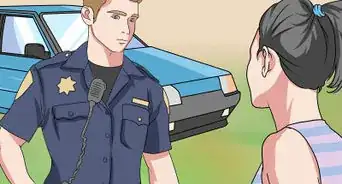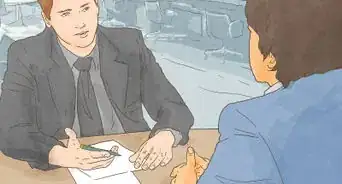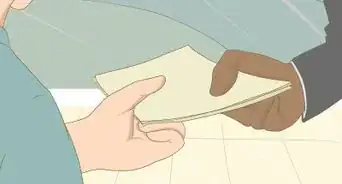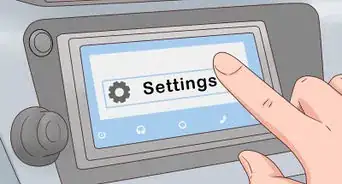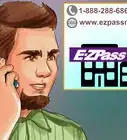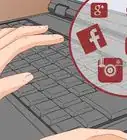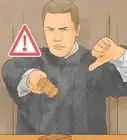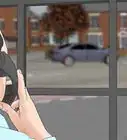This article was co-authored by wikiHow staff writer, Dan Hickey. Dan Hickey is a Writer and Humorist based in Chicago, Illinois. He has published pieces on a variety of online satire sites and has been a member of the wikiHow team since 2022. A former teaching artist at a community music school, Dan enjoys helping people learn new skills they never thought they could master. He graduated with a BM in Clarinet Performance from DePauw University in 2015 and an MM from DePaul University in 2017.
This article has been viewed 18,438 times.
Learn more...
Nothing’s worse than leaving a business or a party and discovering your car has been towed. Is there any way to get it back for free? If you can prove you were wrongfully towed, it’s possible to get your fees waived through local law enforcement or courts. Even if you did park somewhere you shouldn’t have, you can still get financial assistance through pro bono legal help, community programs, or loans. We’ve put together a thorough guide to getting out of tow fees and finding payment help—if you’re ready to hit the road again, keep scrolling!
Things You Should Know
- Figure out why your car was towed and where it was taken. This way, you can determine how to get your towing and storage fees waived.
- Dispute the tow claim and file a complaint with your city. Use photo evidence to prove there were missing signs or extenuating circumstances.
- Research pro bono legal help or local community programs to help waive or pay your towing fees.
Steps
Warnings
- If you don’t pay your towing or storage fees, the towing company is legally able to seize your car or even auction it off if it’s not claimed after a specified amount of time.[18]⧼thumbs_response⧽
References
- ↑ https://smartscholarshub.com/learning-tips/how-to-get-a-towed-car-back-without-paying/
- ↑ https://www.dirtlegal.com/blog/4-steps-to-retrieve-an-impounded-car-time-and-cost-involved
- ↑ https://smartscholarshub.com/learning-tips/how-to-get-a-towed-car-back-without-paying/
- ↑ https://www.bumper.com/car-advice/how-to-get-impound-fees-waived/
- ↑ https://smartscholarshub.com/learning-tips/how-to-get-a-towed-car-back-without-paying/
- ↑ https://smartscholarshub.com/learning-tips/how-to-get-a-towed-car-back-without-paying/
- ↑ https://www.bumper.com/car-advice/how-to-get-impound-fees-waived/
- ↑ https://www.needhelppayingbills.com/html/car_impound_assistance_programs.html
- ↑ https://www.bumper.com/car-advice/how-to-get-impound-fees-waived/
- ↑ https://www.needhelppayingbills.com/html/car_impound_assistance_programs.html
- ↑ https://www.bumper.com/car-advice/how-to-get-impound-fees-waived/
- ↑ https://smartscholarshub.com/learning-tips/how-to-get-a-towed-car-back-without-paying/
- ↑ https://www.bumper.com/car-advice/how-to-get-impound-fees-waived/
- ↑ https://www.bumper.com/car-advice/how-to-get-impound-fees-waived/
- ↑ https://smartscholarshub.com/learning-tips/how-to-get-a-towed-car-back-without-paying/
- ↑ https://www.dirtlegal.com/blog/4-steps-to-retrieve-an-impounded-car-time-and-cost-involved
- ↑ https://www.coverage.com/insurance/auto/how-to-get-your-car-out-of-impound/
- ↑ https://smartscholarshub.com/learning-tips/how-to-get-a-towed-car-back-without-paying/

